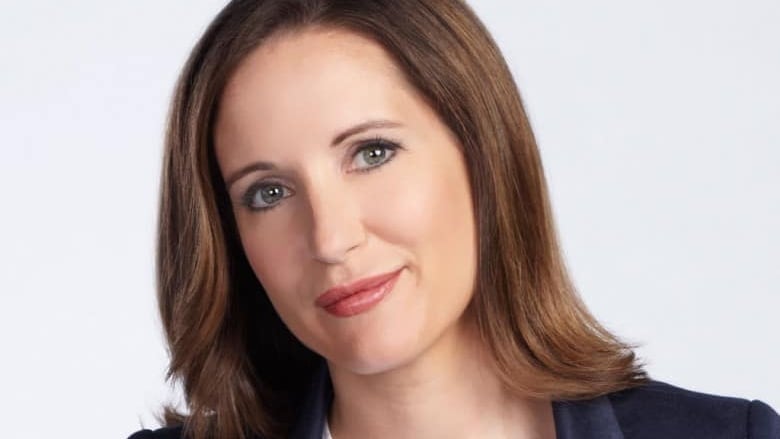Why the financial system's fairness matters: Amanda Lang
Whenever it's possible to fix a price for personal gain, someone is doing it

I didn’t study business before I became a business reporter. I studied architecture, and of all the knowledge I acquired the most important was that I was not destined to be an architect.
Journalism was a lucky accident, born of necessity, and business journalism even more so. The underdog paper that would hire me in 1994 was the Financial Post and so I dove into the world of business.
From the beginning, I admired the untidy elegance of the way an economy functions. I believed in and even came to revere the importance of markets — that is, well-oiled machines whose only real job is to set prices.
Markets work to ensure that resources are allocated efficiently. Accurate prices are at the heart of that efficiency and the result isn’t some remote or arcane thing, it is prosperity and happiness for humans. Well-priced markets are essential. Fairness is essential.
Whenever it is possible to fix a price for personal gain, someone is doing it
Over time, I watched a number of changes take place aimed at levelling the playing field. From the long ago days when stocks were traded by a group of men who met under a buttonwood tree in lower Manhattan, to a game that is pitched to grandmothers — “Manage your own money! You too can be wealthy!” — the rules have changed.
In the late 1990s, as technology stocks bubbled to a temperature that would burn some investors for a decade or more, rules about fairness of pricing were implemented. The point of the most important such rule, known as Regulation Fair Disclosure, was that insiders — or the "smart money," as professional money managers are sometimes called — shouldn’t have an unfair edge in the form of access to information. Prices are only perfect if all information is priced in and the more participants there are to that process, the more pristine the outcome. Or so the thinking went.

How naive that view now seems. How innocent. Because for the last two years, as the globe staggered back to its feet in recovery from the body blow delivered by fast moving investment banks that lost sight of basic risk management policies, the number of examples of ways in which the markets are rigged are too numerous to count.
Each one seems more shocking than the last.
Insider trading, as old as the hills, is now a billion-dollar enterprise at certain investment funds and part of the culture of many. Investment banks may be gaming the price of some commodities, with a subsequent cost that reaches every corner of the planet. Currency traders collude with each other to make tiny profit on their trades, writ large over billions of executions.
The system is rigged
Then the most shocking of all, a key international interest rate used to set trillions of dollars of prices, is being manipulated. LIBOR, the London Interbank Offered Rate, is like the foundation of a house that holds billions of people. If that foundation is askew — as we now know it was — what does that say about huge parts of the markets and those prices we thought were based on real information? A mirage.
For this business journalist, the shock of that was intense. There will always be fraudsters — smooth-talking snake oil pitchmen — and regulators are on the lookout for them. But the evidence is mounting that whenever it is possible to fix a price for personal gain, someone is doing it.
That’s not just a disappointment; it undermines the entire system. Tiny price distortions get magnified across the global economy. We all pay, even if we don’t really know it. Most important, if market participants — from a sophisticated bond trader trying to price a bond based off a benchmark rate, to your grandmother putting her life savings into a stock — don’t believe in its fundamental soundness, don’t believe that prices are as fair as prices can be, the entire thing falls apart.
It happened in Holland in the 17th century, when tulip bulbs became an irrational bubble. It has happened often in fact, in tiny pockets, from land in Florida to London Bridge. The outcome of those incidents is distrust and an unwillingness to invest there again.
So what is the outcome if those kinds of mispricings are everywhere? That’s a thought too stark to contemplate. Better that investors — the "dumb money" that is you and me — sit up and take notice before it’s too late. If indeed it isn’t already.